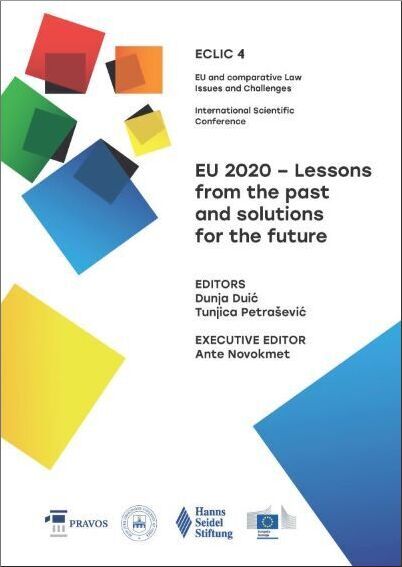FREEDOM OF EXPRESSION OF THE MEDIA AND VIOLATION OF PERSONAL RIGHTS (CONSTITUTIONAL FRAMEWORK AND PRACTICE OF THE CONSTITUTIONAL COURT OF THE REPUBLIC OF CROATIA)
DOI:
https://doi.org/10.25234/eclic/11949Abstract
In democratic societies, a lot of time and effort has been invested in creating the conditions for the freedom of the public media, setting impressive standards that must be respected but further developed. In their activities, the media is obliged to respect the personality of the people, that is, the freedom of man, therefore democratic societies must find ways to strike a balance between two fundamental rights, equal in value to the Constitution and the European Convention: the right to privacy and the right to freedom of expression. The problem arises when the media do not function in the service of the public interest but in the service of the immediate interest of the public (curiosity, sensationalism and desire for the highest circulation and profit), which inevitably entails acting outside the permissible limits. The state, through the judiciary, seeks to remedy violations resulting from freedom of expression, however, the Croatian judiciary still does not adequately respond to all the challenges posed by the daily development of the media, as well as those developed through the positions and principles of the Constitutional Court and the European Court of Human Rights. Perhaps one of the problems is that cases related to freedom of the media and infridgements of the rights of the person very rarely end up before the Supreme Court, which has one of the constitutionally guaranteed roles and that is harmonization of case law, so this type of cases are often resolved (closed) before lower instance courts. The Constitutional Court, like the European Court of Human Rights, has issued a significant number of decisions that have developed principles regarding freedom of expression, in particular freedom of expression of the media. The recent cases decided by the Constitutional Court are in support of the above, and in recent decisions it has decided principled positions that are applicable in all cases assessing a possible violation of freedom of expression, setting boundaries in the protection of freedom of expression and the protection of the rights of the person. In light of the above, the paper (analysis method and comparative method) will look at the constitutional framework of the right to freedom of thought and expression, to analyze the characteristics of the right to freedom of expression, and to give an overview of the principled positions as well as the reasons why some constitutional complaints are upheld and some rejected, including a critical review of three decisions taken.
Downloads
Published
How to Cite
Issue
Section
License
Copyright (c) 2020 Marijana Majnarić

This work is licensed under a Creative Commons Attribution-NonCommercial 4.0 International License.
Authors retain the copyright on the papers published in the Journal, but grant the right of first publication to the Journal. Papers accepted for publication or already published in ECLIC of the Faculty of Law in Osijek may be published by the author(s) in other publications only with proper notice of its previous publication in ECLIC.


